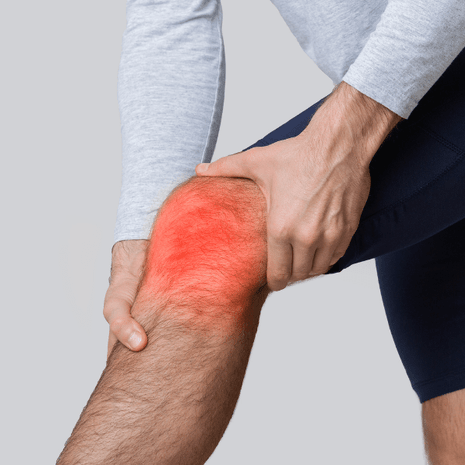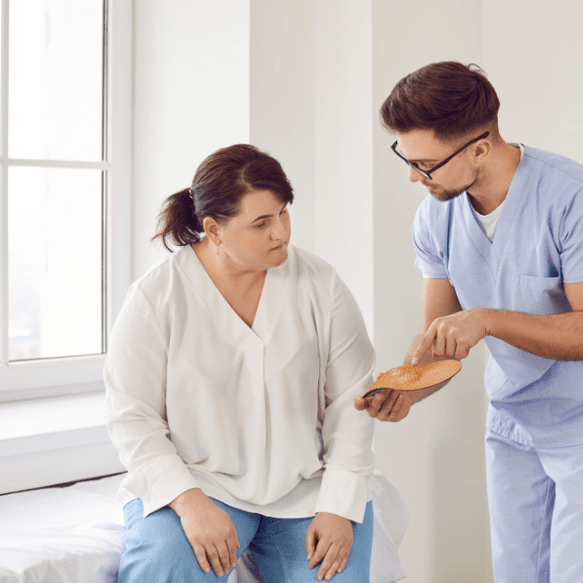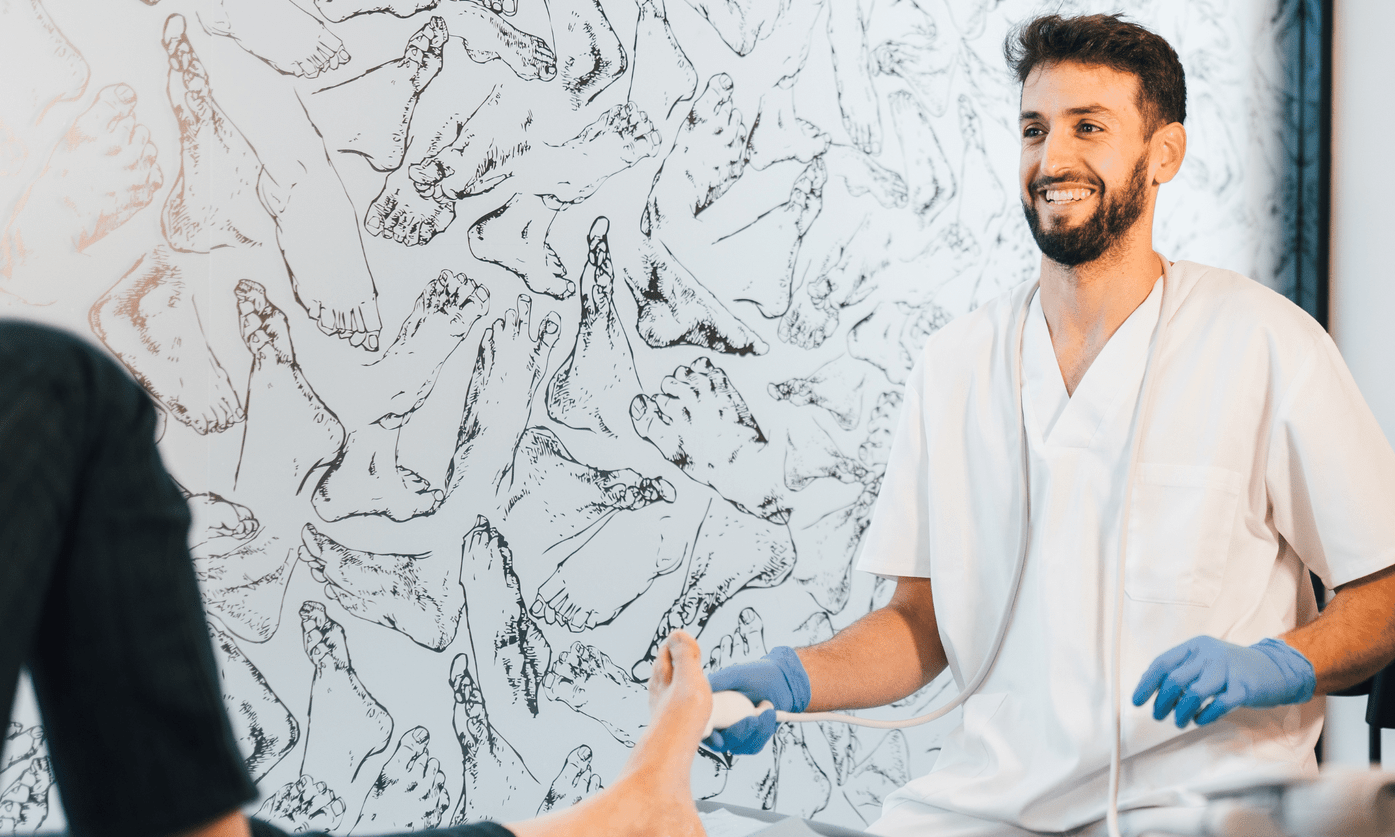Knee Osteoarthritis Treatment at Foot Foundation
Knee osteoarthritis (OA) cartilage wear that’s often exacerbated by foot posture, limb alignment, and footwear choices.
At Foot Foundation, we offload the joint with orthotics and rocker-soled footwear, use shockwave where suitable, and integrate low-impact rehab to keep you active longer.
What is Knee Osteoarthritis?
Knee osteoarthritis (OA) is a degenerative joint condition where the protective cartilage covering the ends of bones in the knee gradually wears down. This leads to pain, stiffness, swelling, and reduced mobility.
While the condition is located at the knee, the foot and lower limb biomechanics play a major role in how forces are transmitted through the joint. Excessive pronation, high arches, or poor footwear can worsen knee alignment and accelerate joint stress.
At Foot Foundation, we provide conservative, foot-focused management of knee OA, helping patients remain active and reduce their need for medication or surgery.
Causes & Risk Factors
Ageing – cartilage naturally wears down over time
Biomechanics – flat feet, high arches, or poor alignment increasing knee stress
Previous injuries – meniscus tears, ligament damage, or fractures
Excess weight – higher load on knee joints
Occupational or lifestyle demands – repetitive squatting, kneeling, heavy lifting
Genetics – family history of osteoarthritis
Other joint conditions – rheumatoid arthritis, gout
Treatment at Foot Foundation
Foot & Biomechanical Correction
Custom orthotics – to redistribute pressure, improve knee alignment, and reduce medial or lateral joint loading
Footwear advice – cushioned, stable shoes with rocker soles to reduce joint strain
Pain Relief & Function
Shockwave therapy – to reduce pain and stimulate circulation in degenerative tissues
Activity modification – low-impact exercise (cycling, swimming, walking programs)
Joint offloading – use of wedges, insoles, or bracing strategies
Strengthening & Rehabilitation
Referral to physiotherapy for:
Quadriceps and gluteal strengthening
Hip-knee-foot control drills
Balance and proprioception training
Education & Prevention
Weight management advice (if applicable)
Lifestyle guidance to reduce joint stress
Referral for further medical input if advanced (e.g., injections, orthopaedics)
Symptoms
Pain and stiffness in the knee, especially in the morning or after inactivity
Pain worse with walking, stairs, or prolonged standing
Swelling and warmth around the joint
Grinding, popping, or creaking noises (crepitus)
Reduced flexibility and range of motion
Bow-legged or knock-knee deformity in advanced cases
Diagnosis
At Foot Foundation, diagnosis includes:
Clinical assessment – pain location, joint mobility, functional impact
Biomechanical analysis – foot posture and gait contributing to knee loading
Imaging referral – X-rays confirm cartilage loss and joint space narrowing
Differentiation from mimics – patellofemoral pain, meniscus tear, bursitis
Knee Osteoarthritis – FAQs
It is caused by gradual cartilage wear, often made worse by poor biomechanics, previous injury, and ageing.
Yes. Excessive pronation or malalignment increases uneven pressure on the knee joint, worsening arthritis symptoms.
Orthotics improve foot alignment, reducing abnormal rotational forces and medial/lateral compartment stress in the knee.
Supportive shoes with good cushioning, shock absorption, and rocker soles help reduce knee pain during walking.
Yes. Shockwave can reduce pain and stiffness, particularly in chronic degenerative knee conditions.
Not always. Many patients benefit from conservative care (orthotics, rehab, shockwave) before considering surgery.
No. Low-impact exercise (walking, cycling, swimming) strengthens muscles and improves function. High-impact activities may worsen symptoms.
No, but symptoms can be managed effectively, delaying or avoiding the need for surgery.
If knee pain is persistent, affecting daily life, or worsens with walking, podiatry assessment is recommended.
Why Choose Foot Foundation?
Foot Foundation provides specialist conservative care for knee osteoarthritis, focusing on foot mechanics, orthotics, footwear optimisation, and gait retraining. By treating the root cause at the foot level, we reduce stress on the knee and help patients remain active, mobile, and independent.
With clinics in Rosedale, Takapuna, Remuera, Botany, Hamilton, and Tauranga, expert knee and lower limb care is available across New Zealand.




